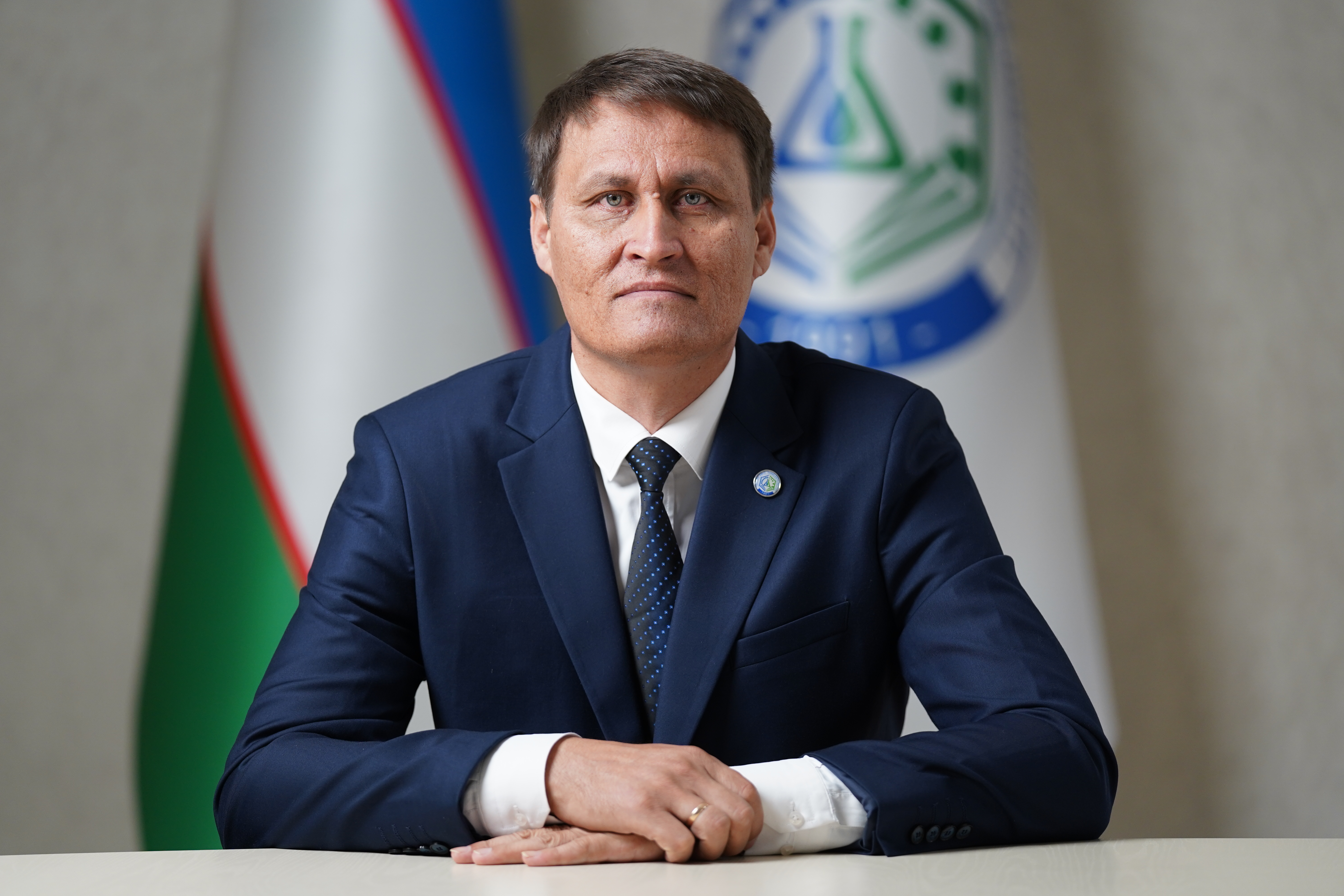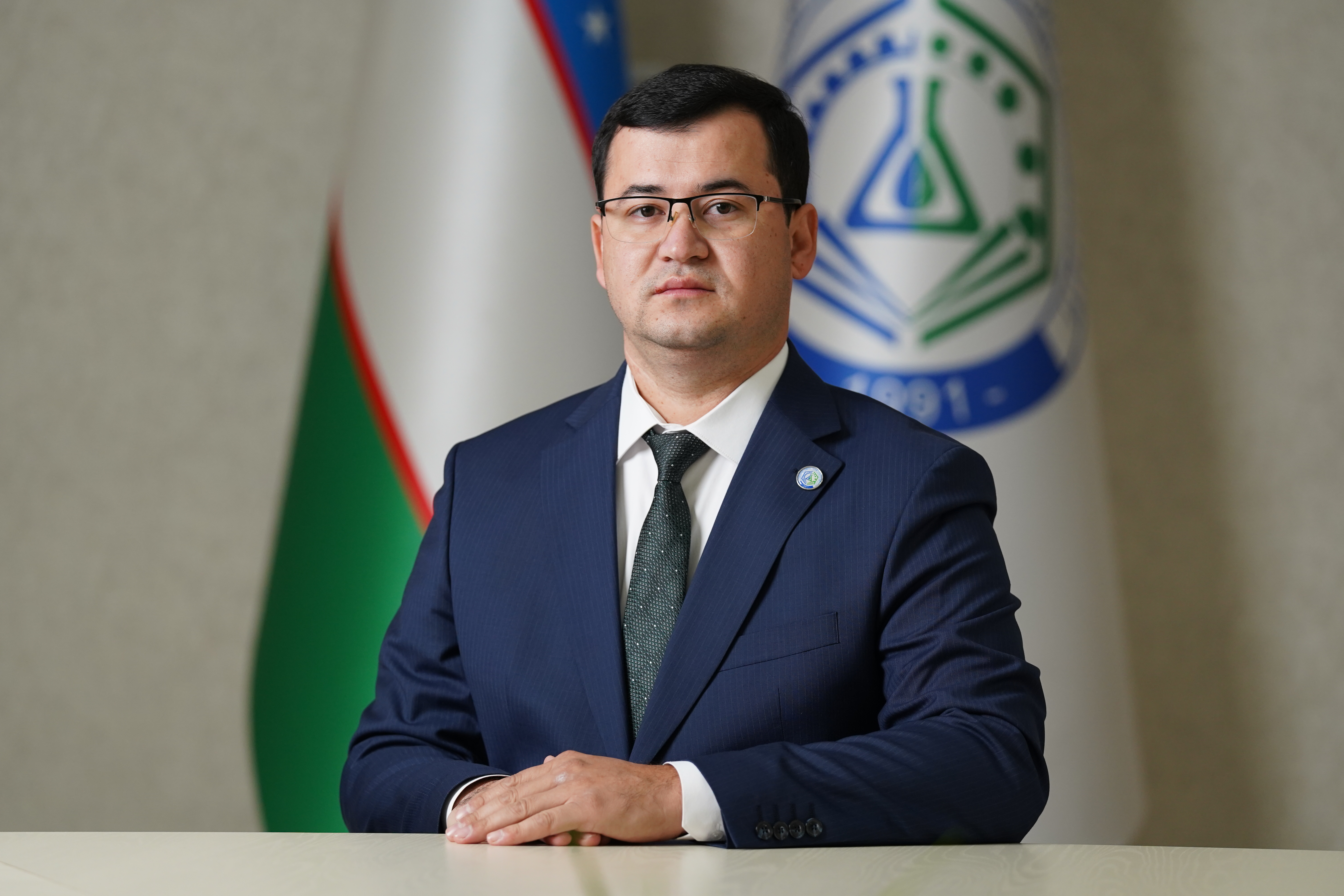About
The Faculty of Food Technologies is one of the main supporting faculties of the Institute. Training of engineers-technologists for various branches of food industry was first realized in 1940 in Central Asian Polytechnic Institute, Chemical-Technological Faculty of Tashkent State Technical University named after I. A. Karimov.
According to the decree of the President of the Republic of Uzbekistan PQ-103 dated May 5, 1991, the Tashkent Institute of Chemical Technology was established on the basis of the faculties of Chemistry and Food Technology of the Tashkent Polytechnic Institute (now Tashkent State Technical University named after Abu Rayhon Beruni).
In 1940, training of advanced engineers and technologists of food industry of our Republic and CIS countries in food technology was initially conducted on the basis of agricultural products and their secondary raw materials in the following directions:
- study the fundamentals of grain, bread, pasta and confectionery production;
- catalytic modification of vegetable oils;
- creation of technologies for drying agricultural products, juices, canning, baby food and concentrates, safety and production;
- learning to discover and produce new types of oils, essential oils, perfumery and cosmetic products.
Aim
The professors and teachers of the Faculty of Food Technology, independently and comprehensively matured in the conditions of new and political relations, are actively providing education and training to students in areas and specialties of food technology, such as processing technology of oil and fat products, cereals and grain products, bread, pasta and confectionery products, meat and dairy products, canned products, functional nutrition and baby products production technology, oils, essential oils, perfumery and cosmetic products, safety of food and agricultural products, technological processes of the chemical, petrochemical and food industries, and educational areas and specialties for manufacturing enterprises of our Republic and the CIS countries, based on international standard requirements.

